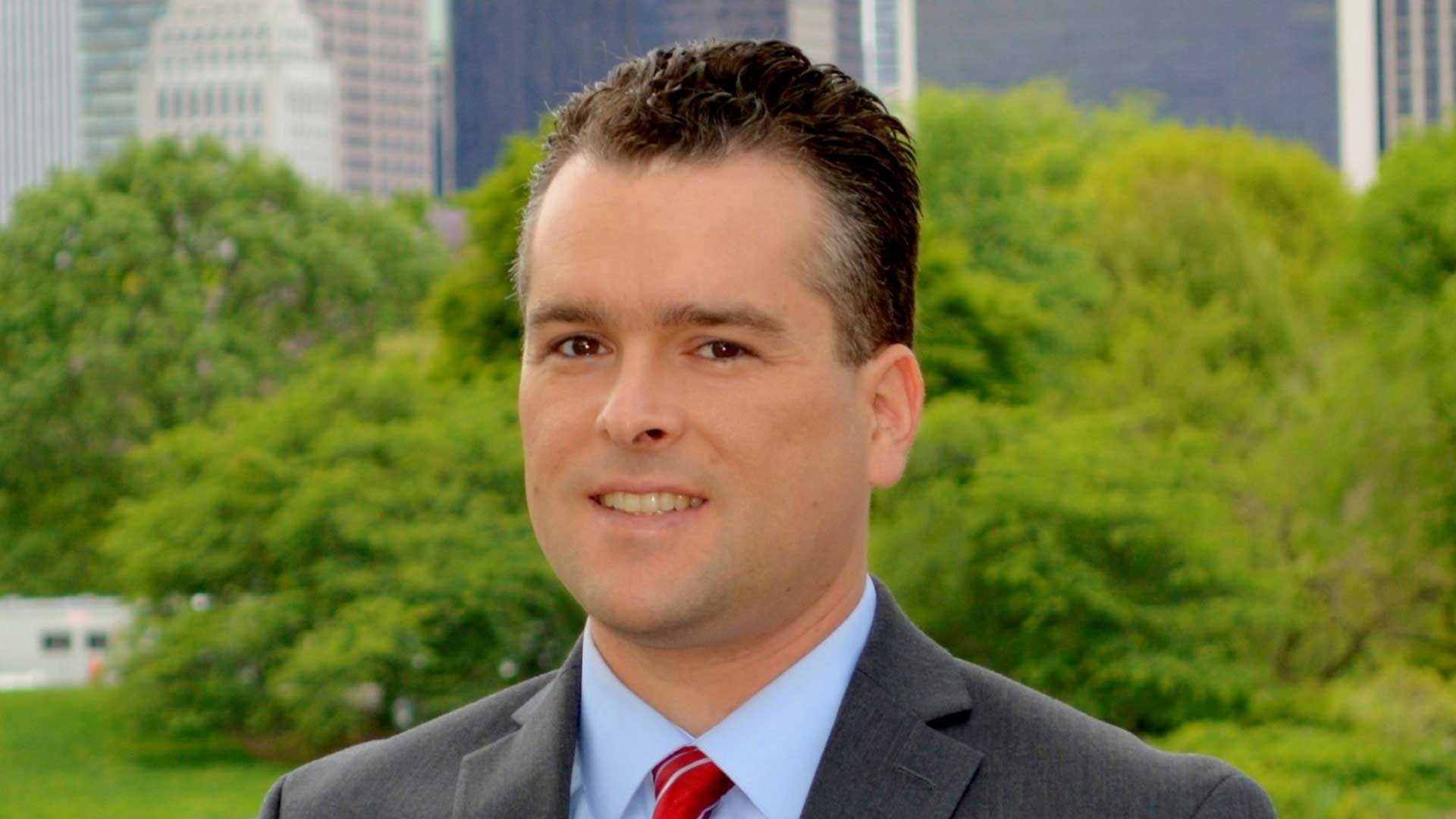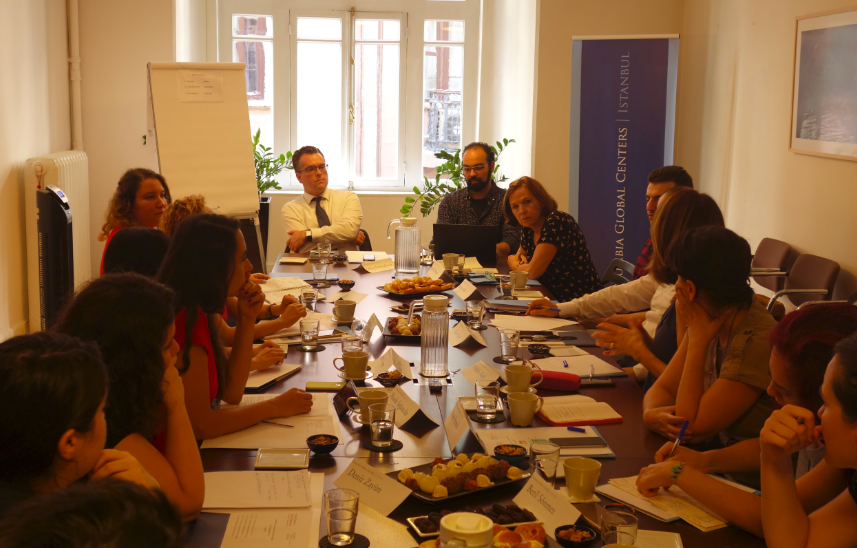Jeff Schlegelmilch on the needs of children in the Syrian refugee crisis

We hosted you for a roundtable on the Needs of Children in the Syrian Refugee Crisis with local experts and academics for your Tifl Project in 2018. Can you explain your project and describe your experience working on it with our Center?
In 2018, Islamic Relief USA funded the National Center for Disaster Preparedness (NCDP) at Columbia University’s Earth Institute to develop a mobile application to assist caregivers in identifying and preventing early mental health issues among Syrian refugee children. The first phase of the project was to engage in a robust needs assessment process. This included building upon previous fact-finding trips to Greece, literature reviews, and meeting with stakeholders in the Middle East. NCDP decided to travel to affected areas that also had the presence of the Columbia University Global Centers. Working with the center in Istanbul, Turkey, we were able to convene a roundtable discussion with Non-Government Organizations (NGO), government agencies, international institutions, and others, to discuss the current Syrian refugee situation from their service-oriented perspectives. The global center in Istanbul was instrumental in the working through the roundtable discussion concept, securing the logistics, and even in reaching out to the target groups that we were looking to engage. This allowed the project to reach many more stakeholders in a much shorter period of time, and provide a rich understanding of the issues affecting refugees to help further develop the concept for the mobile application.

- How do you see the role of Center on redesigning your project and its objectives?
The collaboration and roundtable discussion in Istanbul, in addition to a similar roundtable at Columbia’s Global Center in Amman, Jordan, and the other aspects of the needs assessment, provided important insights in to the diversity of the refugee populations, the different experiences among the refugees served depending on where they are at, and some of the non-technological challenges with deploying technology-based projects. This led the thinking for a mobile application to evolve from a concept of a single stand-alone application, to a platform that can be customized by those already providing services to refugees in order to extend their reach and amplify their impact within the context that they have already developed their own programs.
- How do you see the role of Columbia Global Centers | Istanbul in promoting and facilitating the collaborative and impactful engagement of Columbia University with the world?
The Columbia Global Centers, in Istanbul and elsewhere, are an invaluable asset to the broader university community. Their local logistical and project management resources, as well as expansive connections with prospective partners in academia, government, non-profit and the private sector can catalyze the impact of projects in their respective regions as well as provide a touch point in the region throughout the life of the work. This helps to make these kinds of international efforts, more efficient and, ultimately, more effective.